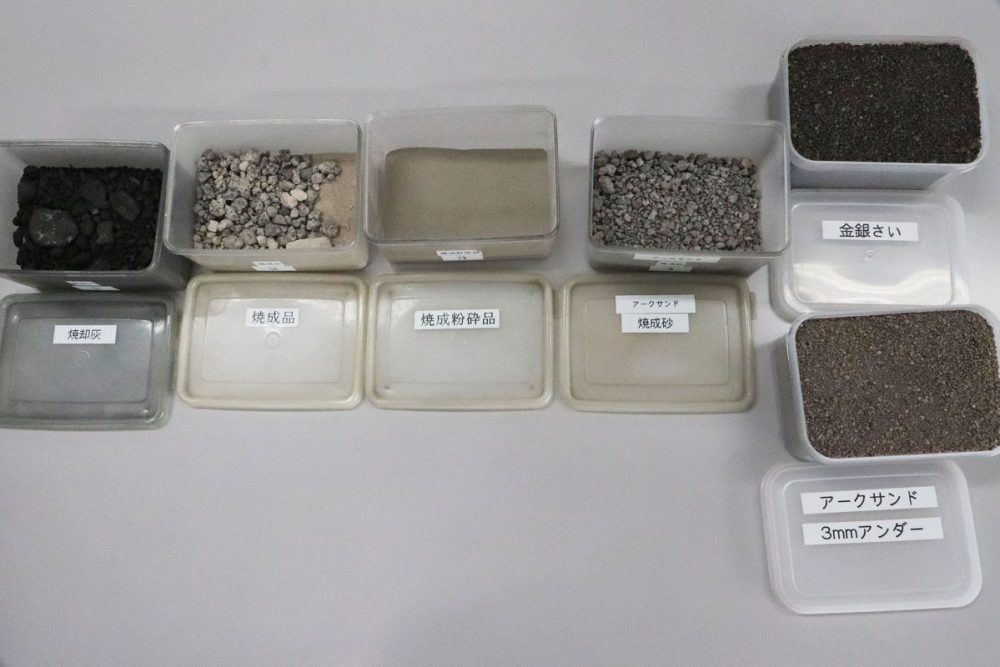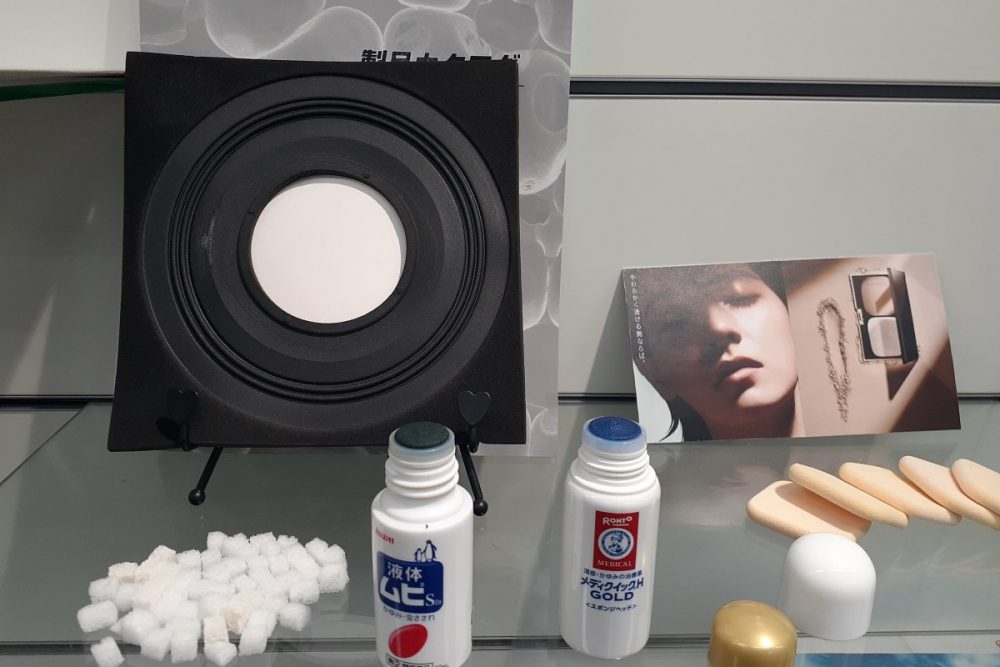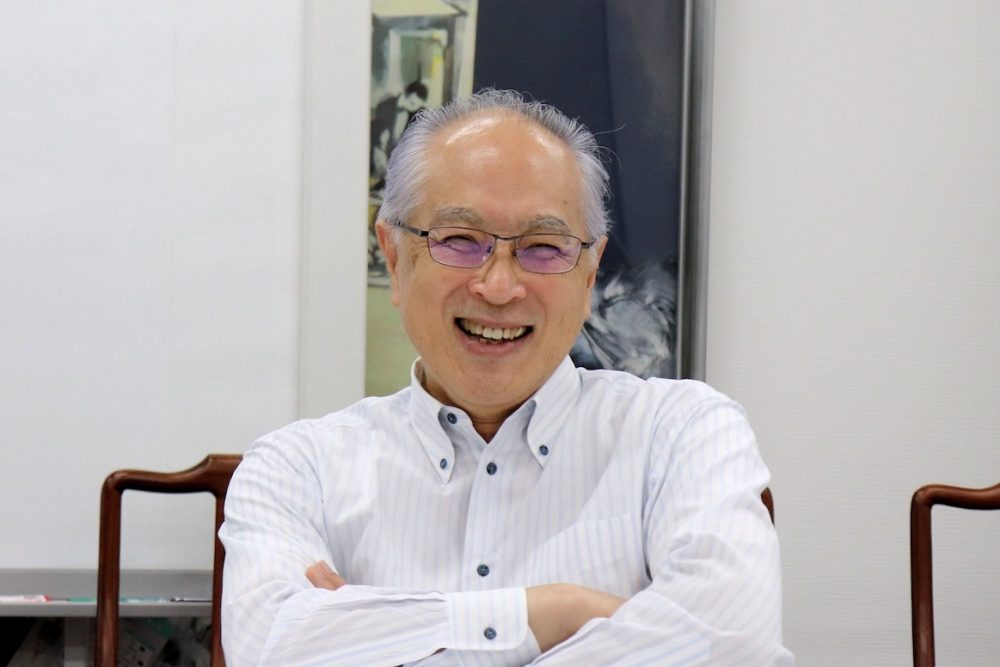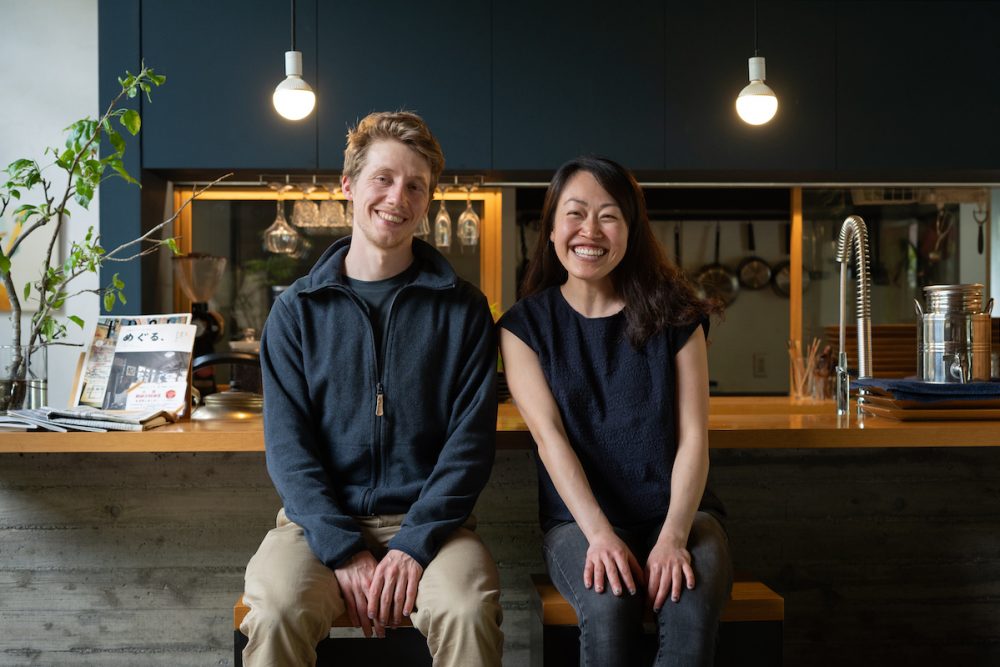5 Easy Things to Do in Japan for Earth Day 2023
There is so much to do for Earth Day 2023: check out five things you can do for a more sustainable everyday life in Tokyo or your own big city.
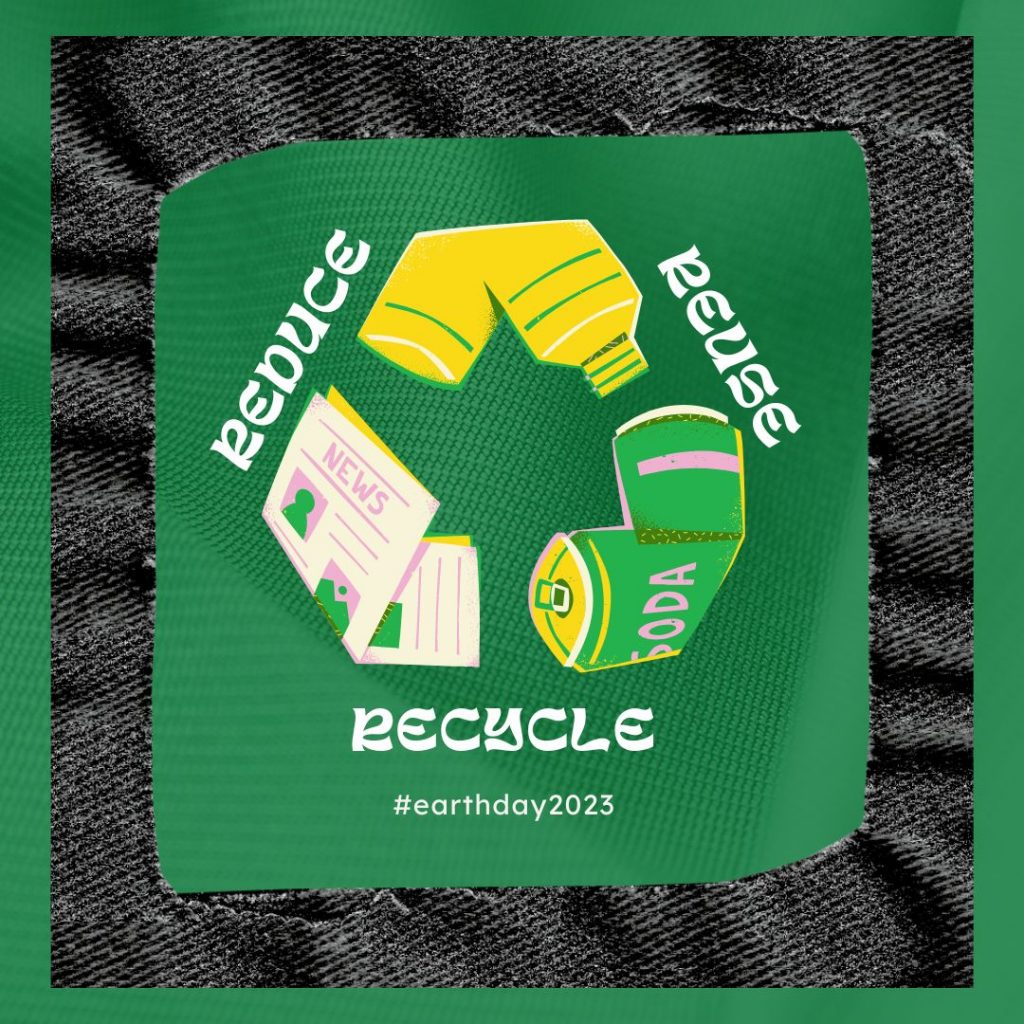
Earth Day 2023 falls on April 22. Initially born in 1970, it's a day to think about how we can change our everyday behavior to help the environment and achieve SDGs.
If you are living in Japan, you might have wondered what are some good habits you can pick up to live more sustainably in your everyday life.
Here are some things you can do in Tokyo. Or, use these to help find similar initiatives close to wherever you live.
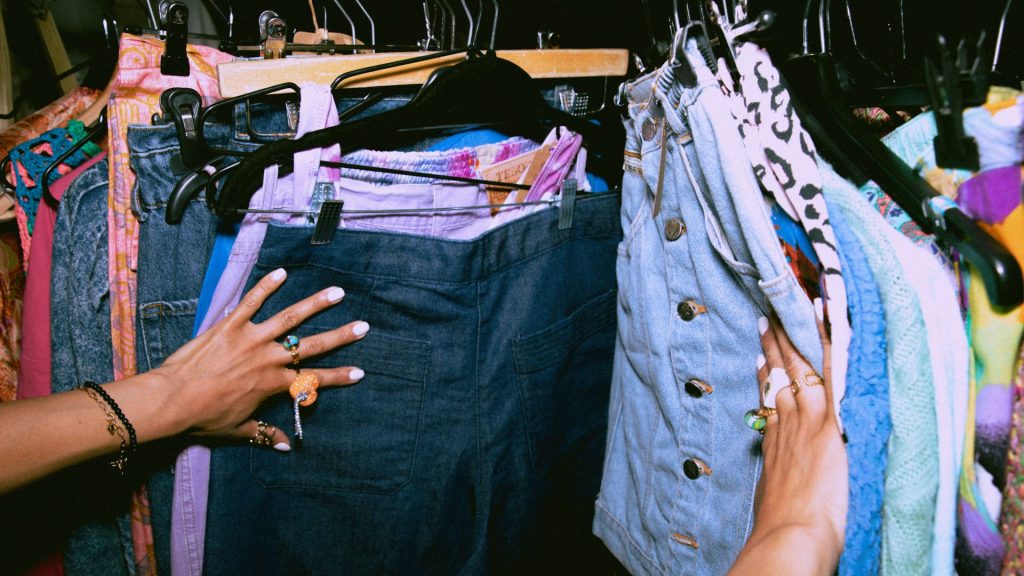
Recycle Your Clothes…
If you want to ride the wave of thrift shop fashion and do something sustainable in the apparel scene, Tokyo has great options.
There are several retail hubs in Japan's capital city that are famous for thrift shops. Koenji, Shimokitazawa, Harajuku, Kichijoji are some examples, but there are many more. Even better, strolling around any one of these areas can be its own fun experience.
Each store and thrift shop neighborhood has a slightly different character. Some shops sell brand name clothes or focus on a particular vintage style. Others might sell everything at a set price, such as ¥700 JPY (about $5.20 USD). Several operate online as well as in shops.
Beyond just selling you fashionable and fun clothes, many will also accept second-hand clothes from customers. Recycling to give items you're tired of wearing a new life with someone else is a great way to help close the loop. What's a good rule of thumb? Clothes will normally be welcomed if they are in season and don't present obvious signs of wear and tear. (A visibly stained garment might be a difficult sell.)
Don't know where to start? Whether you're shopping or shedding, in general you can find shops just by searching furugiya (second-hand clothes, 古着屋). Or try browsing nearby shopfronts close to any one of these.
A few places to help you get started include: 2nd Street (Koenji), Kinji (Harajuku), Flamingo (online), Chicago (various locations in Tokyo and Kyoto), and Stick Out (Shimokitazawa).
It's worth remembering that most of the shops will not compensate those who donate clothes. A few, however, might pay a couple of hundred yen for the donation. You can think of it as buying a cup of coffee for the advantage of decluttering your wardrobe!
…Or Pretty Much Anything Else
More widely, Japan has a flourishing recycling culture. One factor is that the quality of second-hand goods tends to be high. Thereby it fosters an environment where people sell and buy used goods.
In other words, if there are good quality second-hand goods, there likely will be a place to sell them.
For example, for photography enthusiasts, there is a whole specialty alley in Shinjuku. You can find second-hand lenses, camera bodies, and even film camera equipment there. (Map Camera is a great place to start.)
For a generic second-hand store, one good bet is BOOKOFF, or BOOKOFF Online. As one might guess from the name, the chain started by selling second-hand books and comics. (These, by the way, make an excellent affordable souvenir!)
Now the company has extended to a variety of other products. For example, those in search of a bargain Gundam figurine, or even second-hand laptops might try their luck at HARD OFF. One can find really great deals depending on the shop and the desired item.
Using the Online Sites to Buy and Sell
For those who don't want to leave the comfort of their homes, Mercari or Yahoo! Auctions (Japanese names are メルカリ and ヤフオク! respectively) are excellent websites for selling your goods online. Mercari is a Japanese equivalent of eBay. Thanks to its massive success, it has been hailed as a Japanese unicorn. Unfortunately, these websites don't offer English versions. However, they are quite intuitive to navigate using automatic translation tools.
If you sell on Mercari, the system is very streamlined. Labels will be automatically generated at the nearest post office and convenience store, for example. With the right option, Mercari will take care of packing the item for you (so no need to worry about buying cardboard boxes or disassembling your office chair).
Yahoo Auctions, on the other hand, can be a great place to buy and sell antique goods. If you are on the hunt for unique products for a cheap price this might be the site for you.
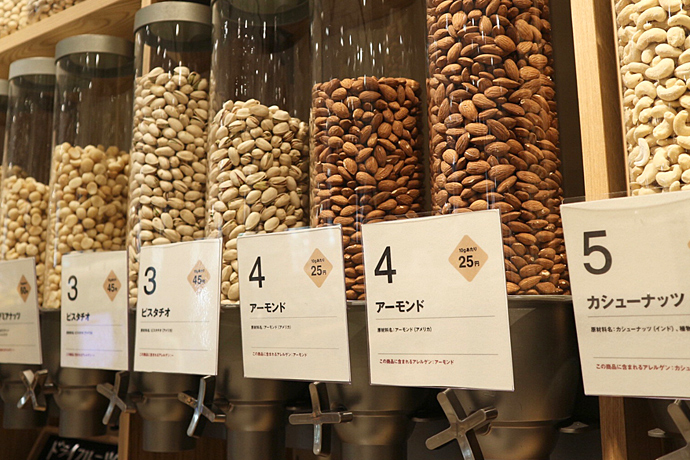
Visit a No-Waste Supermarket
In 2021, Totoya in Kyoto attracted some media attention for becoming the first no-waste market in Japan. A key feature of this store is the concept of selling by weight. In Japanese, it's called hakari uri (量り売り). In general, it is an approach to decreasing plastic waste from packaging when buying food and other products.
Tokyo has also begun seeing its fair share of 量り売り shops.
Muji's Ariake Store, for example, has a whole section where you can buy rice by weight. It also sells various other foods by measure instead of in packages.
Connected to its Kyoto parent store, nue by Totoya has opened in Kokubunji. For things like laundry detergents and soaps, Ecostore in Ebisu is a great suggestion as well.
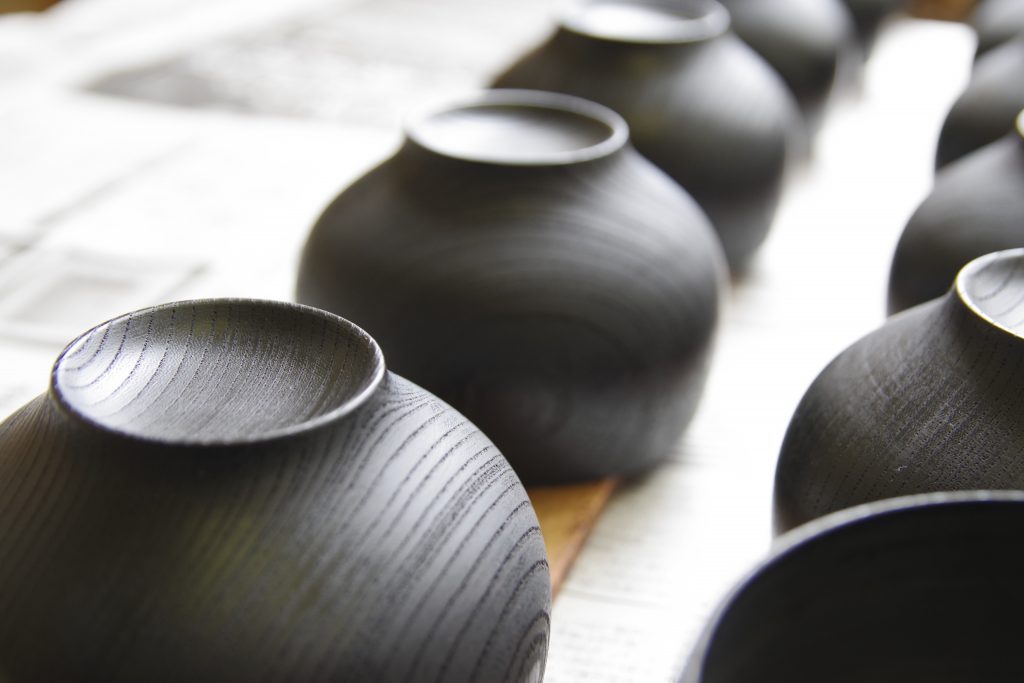
Find out About No Waste Japanese Traditions
Even without looking for specific shops, Earth Day can be a great opportunity to learn about no-waste traditions in Japanese culture.
For example, in the case of many Japanese kitchenware items, it can be worth investing in good products that have a tradition of quality and durability. Generally, that means they can be repaired to some extent when necessary, instead of thrown away.
When visiting Kappabashi Street (a Tokyo paradise for cooking enthusiasts) Japanese knives can normally be sharpened for a small fee at the store where they were bought.
Lacquerware, despite having an image of being very delicate, in reality is durable and can be used for decades. Especially if one takes the time to fix small chips that might appear in the outer layer. There are companies that will repair lacquer for a small fee, such as one in Shinagawa called Aeru.
One traditional Japanese technique which has become very popular abroad is repairing ceramic items by using gold finish. It is a traditional craft called Kintsugi (金続ぎ). Workshops and sets are popular options, as the ones found for example here.
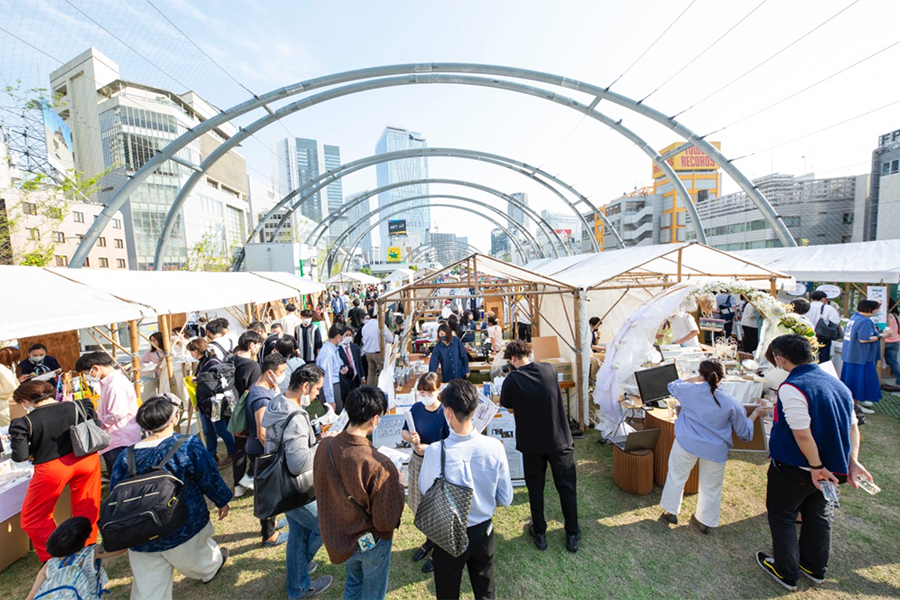
Go to an Earth Day Event
If you don't have your heart set on a particular activity, why not head to Earth Day Tokyo? There are several events going on. For example,
- A Creator's Festival at Miyashita Park (Shibuya), and performances throughout the afternoon.
- EARTHDAY in SHIMOKITA, is set to feature popup stores, film screenings and more in the hip neighborhood of Shimokitazawa.
- Check out local initiatives, like these events in the Hachioji area.







